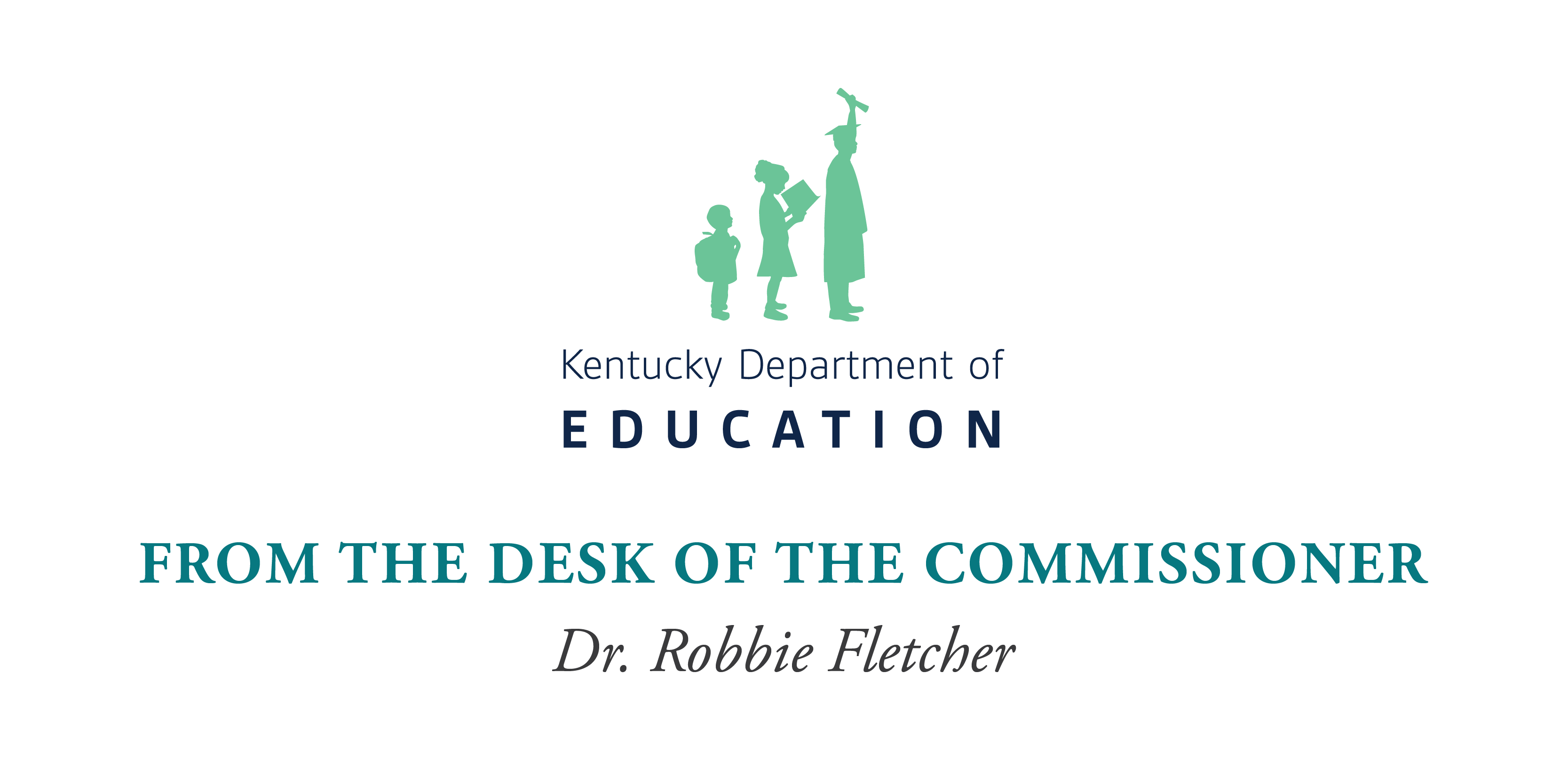Kentucky’s state-funded pre-K program rates among the highest in the nation according to a report by the National Institute for Early Education Research (NIEER).
The State of Preschool 2010 assessed state programs against 10 benchmarks for quality. For the first time, Kentucky met nine of the benchmarks, according to the Kentucky state report. The survey also looked at issues such as access and resources. Kentucky made gains in the number of preschoolers enrolled and overall quality, according to the annual survey. However, the state lost ground in the area of funding. While additional federal and local funds increased overall spending, the state was forced to cut state funding as were a number of other states.
“In the 2009-10 school year the effects of the recession became fully apparent despite federal government aid to the states for education,” said W. Steven Barnett, co director of NIEER and author of the national report. “Total enrollment barely increased over the prior year. Total spending by the states decreased, and per-child spending declined in inflation-adjusted dollars.”
Despite decreased state financial support, Kentucky fared well overall in the annual survey – one of 12 programs meeting 9 of the 10 quality benchmarks. Only five state programs met all 10 quality standards. The quality standards checklist includes benchmarks on early learning standards, teacher preparation, class size, and support serves among others. Ten states do not provide state-funded preschool education programs.
Kentucky has undertaken a number of initiatives in recent years to strengthen its preschool program.
In 2008, the Prichard Committee for Academic Excellence launched Strong Start Kentucky. The program seeks to establish private/public partnerships in order to increase access to high quality preschool programs for 3- and 4-year-olds from families whose incomes are up to 200 percent of the federal poverty limit.
In addition, Kentucky is implementing a statewide response to intervention system, including at the preschool level in which programs must implement instruction by qualified personnel with research-based interventions.
In the 2009-10 school year, the state implemented the first stage of the Preschool Program Review monitoring process through pilots in seven districts. The process includes an evaluation using the Early Childhood Environment Rating Scales–Revised for every classroom, and an online survey, as well as site-visit teams that examine documentation, observe classrooms and interview teachers, administrators and parents. The pilot continued this school year with the goal of establishing assessors in each district who can conduct the reviews with reliability to help districts improve their teaching and learning processes.
Making quality preschool opportunities accessible for more students was the Kentucky Board of Education’s sole legislative agenda item in the 2011 session of the Kentucky General Assembly and has been a legislative priority in recent years as well.
This spring, the governor’s Task Force on Transforming Education in Kentucky (TEK) issued a report with several recommendations to improve state-funded preschool programs including expanding preschool opportunities and improving transitions between preschool and K-12.
An established and growing body of research shows that the quality of a child’s early care and education experiences matters and can support higher achievement and positive results later on, especially among children who are most at risk of poor educational outcomes. Long-term studies reveal that adults who participated in quality early education programs as children, compared with those who did not, have higher lifetime earnings, higher rates of home ownership, lower arrest rates and less need for social services.




Leave A Comment